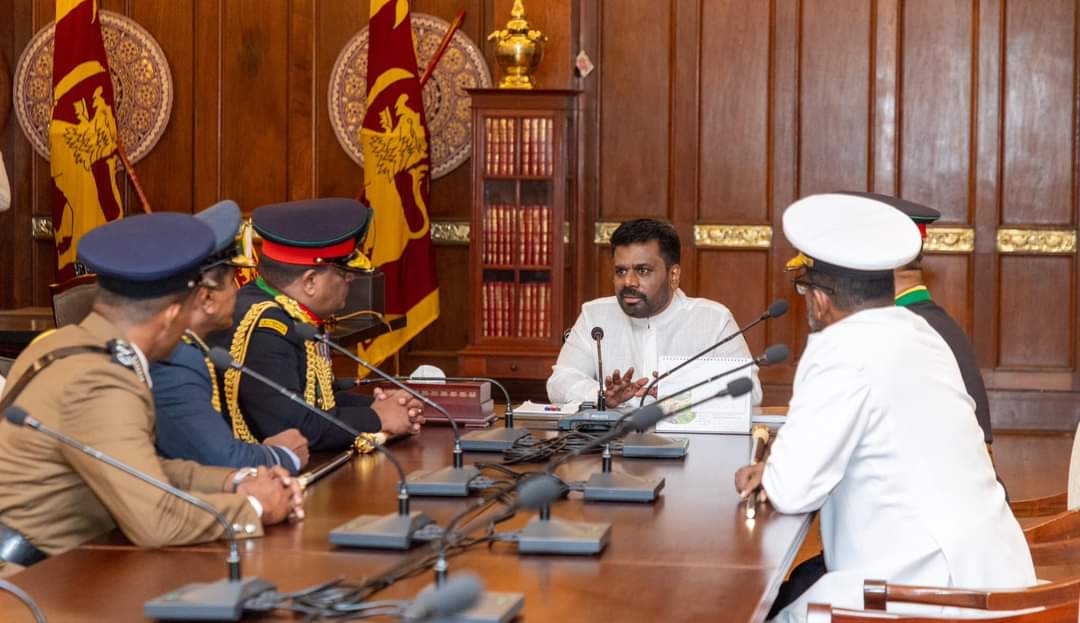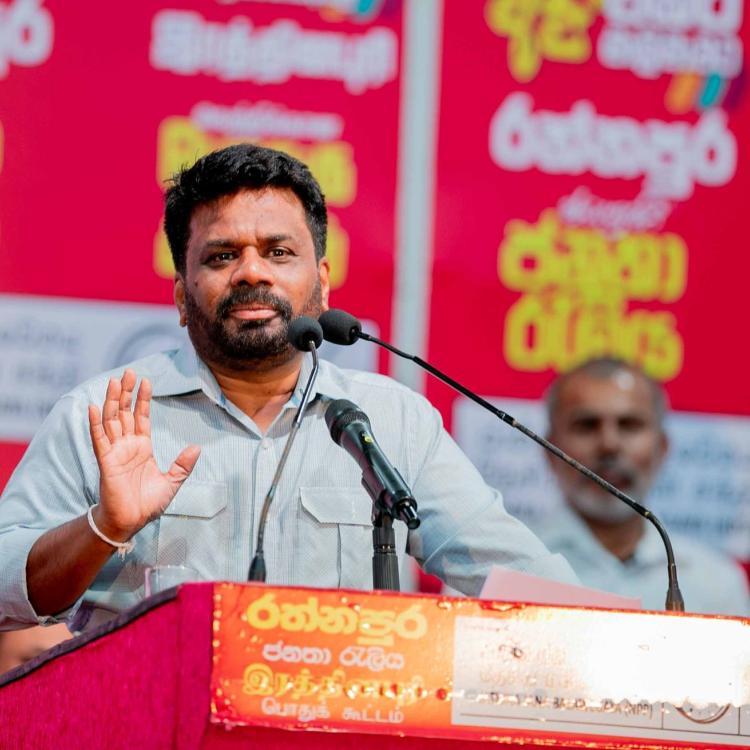
Sri Lankan President Anura Kumara Dissanayake has announced that his government will repeal the Prevention of Terrorism Act (PTA) and replace it with a new legal framework, raising concerns that the infamously draconian law may simply be rebranded rather than abolished.
Speaking in Parliament on February 28, Dissanayake stated that a committee has been appointed to oversee the drafting of new legislation. However, he simultaneously reaffirmed his government’s firm stance against what he called the resurgence of “terrorism”, suggesting that any new law may be used in the same manner as the PTA to suppress dissent, particularly in the Tamil North-East.
The PTA, introduced in 1979 as a temporary measure, has remained in force for over four decades, facilitating arbitrary arrests, enforced disappearances, torture, and the targeting of Tamil activists, journalists, and human rights defenders. Despite repeated promises from successive Sri Lankan governments to repeal the law, no administration has followed through—raising questions about whether Dissanayake’s announcement is yet another attempt to placate international criticism while maintaining the state’s unchecked powers.
The NPP government’s announcement directly contradicts Dissanayake’s campaign pledge to abolish the PTA. In his presidential manifesto, Dissanayake vowed to scrap repressive laws and uphold democratic freedoms. However, his administration now seems intent on amending the PTA rather than eliminating it entirely.
Cabinet Spokesman Dr. Nalinda Jayatissa stated on February 20 that the Cabinet of Ministers had approved further amendments to the PTA, while also introducing a draft Bill to replace it. However, this draft was challenged in the Supreme Court, leading to further revisions and delays. Now, a new committee led by President’s Counsel Rienzie Arsekularatne has been appointed to review the latest draft and make additional recommendations.
While the government presents this as a step towards reform, human rights organisations and Tamil activists fear that any replacement law will simply continue the oppressive practices of the PTA under a different name.
The PTA has long been condemned by human rights groups, the UN, and foreign governments for violating basic civil liberties. Amnesty International has documented its deeply flawed provisions, including:
• Detainees can be held for up to 18 months without charge.
• Arbitrary orders by the Minister of Defence can restrict freedom of expression and association, with no right to appeal.
• Confessions obtained under duress can be used as evidence in court.
• Suspects must prove that their statements were coerced, rather than the state proving otherwise.
• Bail is often denied indefinitely, leading to prolonged detention without trial.
The law has overwhelmingly been used against Tamils and Muslims, with thousands detained without trial, often facing torture and forced confessions.
For years, Sri Lankan governments have promised to repeal the PTA, only to backtrack or replace it with equally repressive measures. In 2021, the government introduced the Counter-Terrorism Bill, which was widely condemned as even worse than the PTA, leading to its eventual withdrawal.
Dissanayake’s announcement comes at a time when Sri Lanka is under significant international scrutiny, particularly at the UN Human Rights Council, where multiple resolutions have called for accountability for past war crimes and an end to repressive laws.

